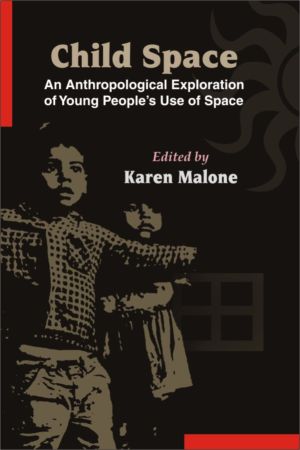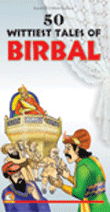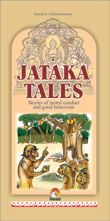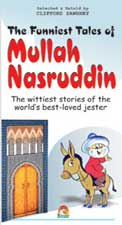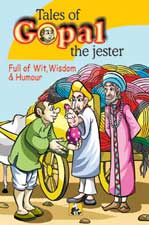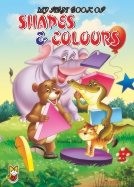Child Space: An Anthropological Exploration Of Young People's Use Of Space
By Karen Malone(Author)
Publisher : Concept Publishing Company (P) Ltd.
Publisher Address : A/15-16, Commercial Block, Mohan Garden, New Delhi-110 069
Publisher Website : http://www.conceptpub.com/
Publisher Email : [email protected]
Published Date : N/A
Category
Childhood Studies
City/Country
New Delhi/India
ISBN 10
818069433X
ISBN 13
N/A
Edition Number
N/A
Book Description
This compendium of ten essays makes an anthropological exploration of the meaning and use of space through the lives of children and young people in a variety of global settings and in the ways in which they construct their environmental identities. Focusing on one or all the four characteristics of the environmental identities physical, social, natural and learning child, these stories of children's use of space are rich with diversity and contracts, and focus on spatial networks and relations, connections between space, time and a sense of place, and the way space users negotiate and construe power in and through social as well as spatial relations on to places.
Other books in this category
